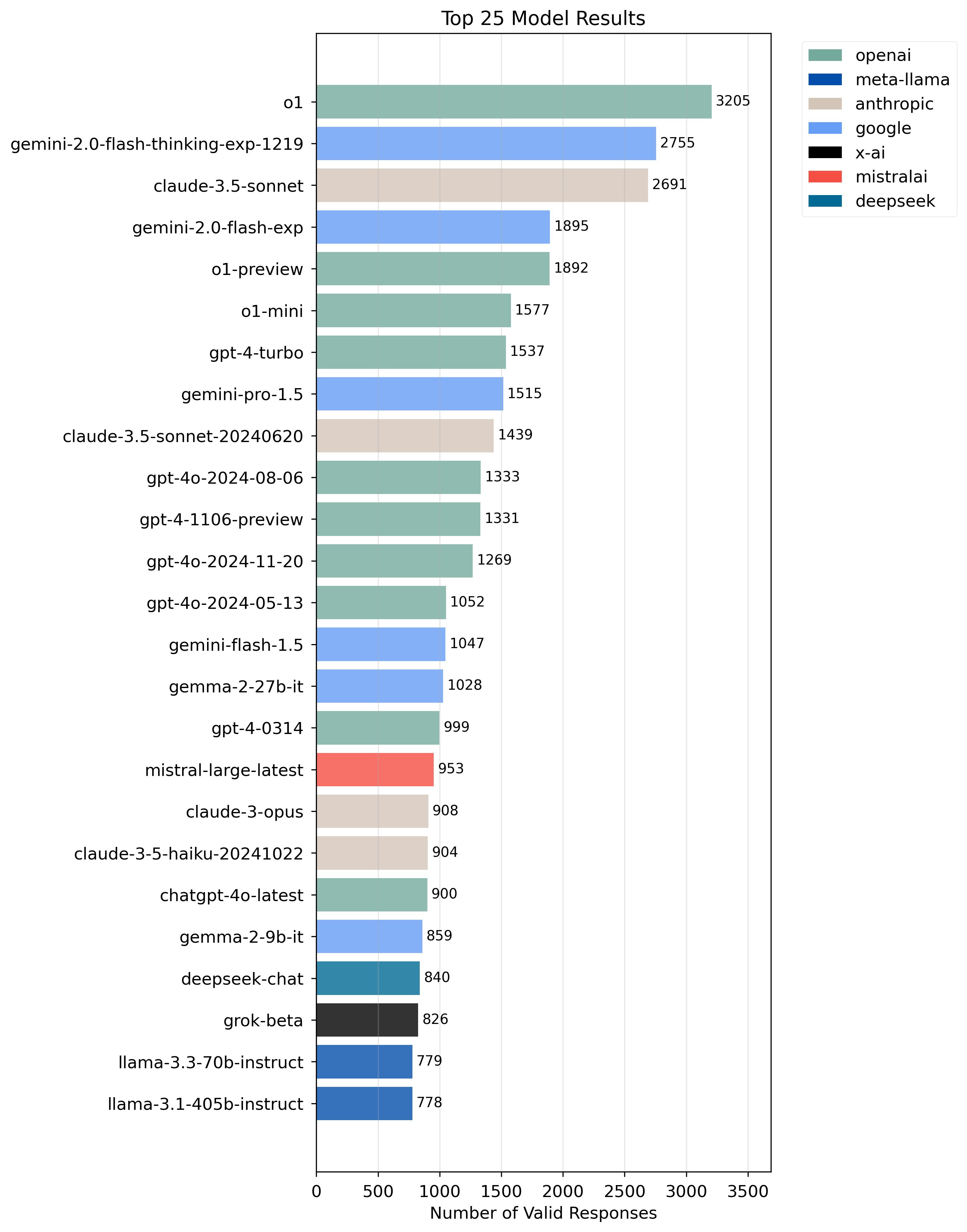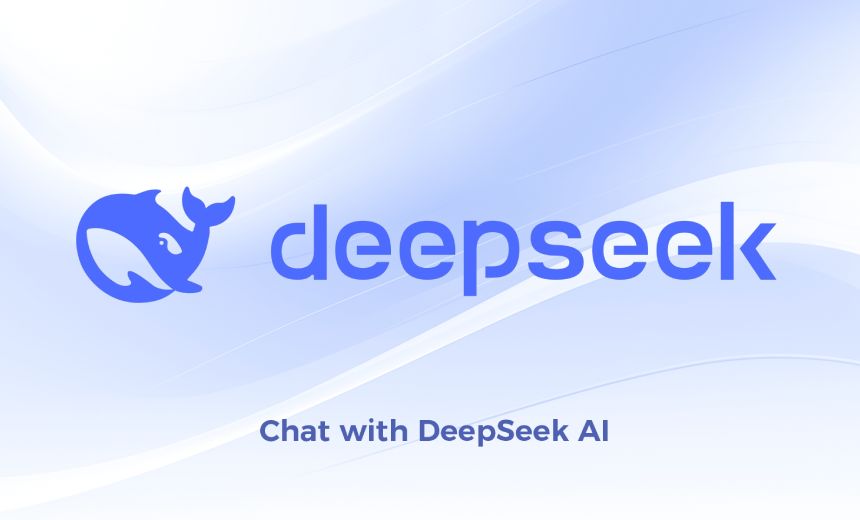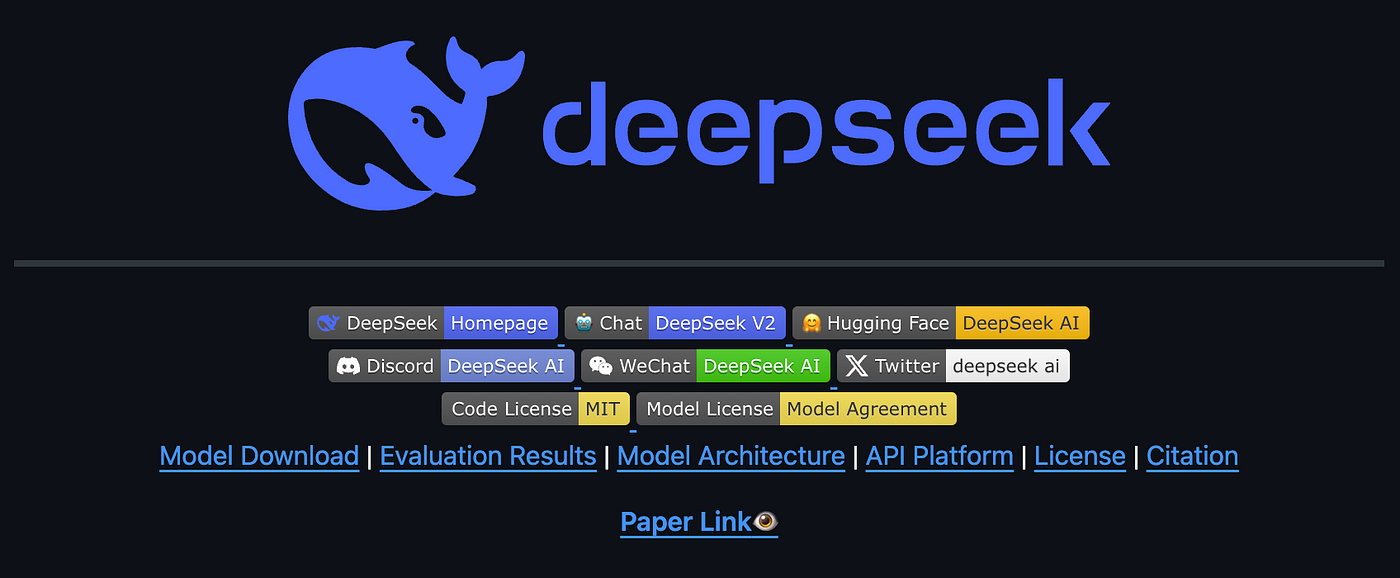Lower-cost AI tools might reshape tasks by giving more workers access to the innovation.
- Companies like DeepSeek are developing inexpensive AI that might assist some workers get more done.
- There could still be dangers to workers if companies turn to bots for easy-to-automate jobs.
Cut-rate AI may be shaking up industry giants, however it's not most likely to take your task - at least not yet.
Lower-cost approaches to establishing and training artificial intelligence tools, from upstarts like China's DeepSeek to heavyweights like OpenAI, will likely enable more people to acquire AI's performance superpowers, market observers informed Business Insider.
For lots of employees stressed that robots will take their tasks, that's a welcome advancement. One scary prospect has been that discount AI would make it easier for employers to swap in low-cost bots for costly human beings.
Naturally, that might still take place. Eventually, the innovation will likely muscle aside some entry-level workers or those whose roles mainly consist of repetitive tasks that are simple to automate.
Even greater up the food cycle, staff aren't always totally free from AI's reach. Salesforce CEO Marc Benioff stated this month the business might not work with any software engineers in 2025 because the company is having so much luck with AI agents.
Yet, broadly, for many employees, lower-cost AI is most likely to expand who can access it.
As it ends up being cheaper, it's much easier to integrate AI so that it ends up being "a partner instead of a risk," Sarah Wittman, drapia.org an assistant teacher of management at George Mason University's Costello College of Business, told BI.
When AI's rate falls, she said, "there is more of a widespread approval of, 'Oh, this is the way we can work.'" That's a departure from the frame of mind of AI being an expensive add-on that companies might have a tough time justifying.

AI for all

Cheaper AI could benefit employees in areas of a service that typically aren't seen as direct earnings generators, Arturo Devesa, primary AI architect at the analytics and data company EXL, informed BI.
"You were not going to get a copilot, possibly in marketing and HR, and now you do," he stated.
Devesa said the path shown by business like DeepSeek in slashing the expense of establishing and executing large language designs alters the calculus for employers choosing where AI might pay off.
That's because, for the majority of large business, such decisions consider cost, precision, and speed. Now, with some expenses falling, the possibilities of where AI might appear in a workplace will mushroom, Devesa stated.

It echoes the axiom that's all of a sudden all over in Silicon Valley: "As AI gets more effective and available, we will see its use skyrocket, turning it into a commodity we simply can't get enough of," Microsoft CEO Satya Nadella wrote on X on Monday about the so-called Jevons paradox.
Devesa said that more efficient employees won't always minimize need for individuals if companies can establish brand-new markets and brand-new sources of profits.
Related stories
AI as a product

John Bates, CEO of software company SER Group, informed BI that AI is ending up being a commodity much quicker than expected.

That means that for jobs where desk workers might require a backup or online-learning-initiative.org someone to double-check their work, low-priced AI may be able to action in.
"It's great as the junior knowledge worker, the thing that scales a human," he stated.
Bates, a previous computer technology professor at Cambridge University, said that even if a company currently planned to use AI, the reduced expenses would boost return on investment.

He likewise said that lower-priced AI might offer small and medium-sized businesses simpler access to the technology.
"It's simply going to open things approximately more folks," Bates stated.
Employers still need humans
Even with lower-cost AI, people will still belong, said Yakov Filippenko, CEO and forum.batman.gainedge.org founder of Intch, which helps experts find part-time work.
He said that as tech firms compete on price and drive down the cost of AI, numerous employers still won't aspire to remove employees from every loop.
For example, Filippenko stated companies will continue to require designers because somebody has to verify that new code does what an employer desires. He stated business work with recruiters not simply to finish manual work; bosses also desire an employer's opinion on a candidate.
"They spend for trust," Filippenko said, referring to employers.
Mike Conover, CEO and creator of Brightwave, a research study platform that utilizes AI, informed BI that a great piece of what people perform in desk tasks, in specific, consists of jobs that could be automated.
He said AI that's more extensively available due to the fact that of falling costs will allow human beings' creative abilities to be "freed up by orders of magnitude in terms of the elegance of the issues we can resolve."

Conover believes that as rates fall, AI intelligence will also infect far more locations. He said it belongs to how, years ago, the only motor in a vehicle may have been under the hood. Later, as electric motors shrank, they revealed up in locations like rear-view mirrors.
"And now it's in your tooth brush," Conover stated.
Similarly, Conover said universal AI will let specialists produce systems that they can customize to the requirements of tasks and workflows. That will let AI bots handle much of the grunt work and enable employees prepared to try out AI to take on more impactful work and perhaps shift what they have the ability to concentrate on.



